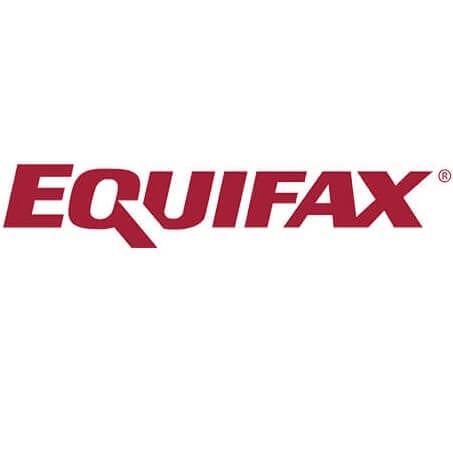It’s fair to say today’s Canadian seniors grew up in a more courteous time. But their reflexive politeness makes them uniquely vulnerable to digital fraud and identity theft, say fraud experts.
“I’ve seen a lot of cases where, particularly in the senior cohort, they’re worrying about appearing to be rude,” says Julie Kuzmic, senior compliance officer, consumer advocacy with credit bureau Equifax Canada.

How senior scams work
Seniors might receive a phone call, email or text message claiming to be from their bank or another organization with which they hold an account. The caller or sender will usually add some urgency to the request, saying the senior’s account will be closed or their service cut if they don’t act quickly. Or the targeted person might get a message that looks like it’s from a relative who’s in another country, saying they’ve suffered a misfortune—such as an accident or arrest—and need money right away.
This is known as an emergency scam, according to the Canadian Anti-fraud Centre (CAFC). Variations include grandparent scams and “broken phone” scams, in which the text sender claims they’re using someone else’s phone because their own is broken or lost. The messages can be very convincing—especially with fraudsters’ growing usage of deepfake video and audio, mimicking the voice and faces of family or friends. They can also be frightening, demanding and aggressive.
“The tactic used by fraudsters is often to get someone to act before they have the opportunity to think things through,” Kuzmic says. If you have elderly parents and other senior-aged relatives, emphasize that “it’s OK to be rude,” Kuzmic says. “You don’t owe callers anything.” Not money. Not personal information. Nothing. So, point out to them that genuine bank representatives, other service providers and relatives would all agree that they “always have the right to end the conversation and verify independently before agreeing to anything.”
sponsored
Equifax Complete Protection
Go to site
Equifax Complete Protection is a credit and cybersecurity protection service designed to help Canadians spot the signs of identity fraud faster.
Provides daily credit monitoring and alerts
Scans for your personal data on the dark web
Social media monitoring by industry leader ZeroFox
Subscription price: $34.95 per month
Go to site
New scams to beware of in Canada
One of the challenges of protecting seniors online is that fraudsters’ technological capabilities are always expanding, and their tactics are constantly changing. That makes it difficult to warn seniors about what to be wary of. New types of scams may not trigger the same thought process that would normally get their guard up, says Kuzmic.
For example, there have been instances where a user’s search for an acquaintance’s obituary has triggered a fraud whereby fraudsters mock up a fake obituary of somebody they know—who hasn’t in fact died—using artificial intelligence (AI) and try to have it appear in browser search results. “They’ve thrown it together in a second, into a fake obituary with a charitable donation link in memory of the person,” Kuzmic says. Of course, the donations go straight into an account controlled by the criminals.
Another common ruse is the obituary scam or bereavement scam: fraudsters using information publicly shared in obituaries, such as the names of family members, to steal identities or impersonate relatives.






GIPHY App Key not set. Please check settings